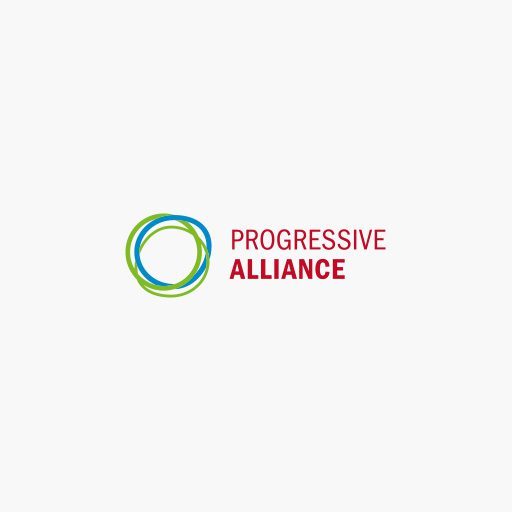First, the good news: the “Global Compact for Safe, Orderly and Regular Migration (GCM)” has gained the support of 180 states, i.e., the overwhelming majority of the global community, and is due for ratification in December in Morocco. It includes a series of guidelines as well as 23 concrete measures for the equitable regulation of migration, albeit their implementation is not legally binding.
The bad news is that right-wing extremists and populists as well as nationalists are campaigning against the migration pact with misleading canards and conspiracy theories. They are trying to abuse the GCM for their own nationalist agendas. Due to this pressure, certain states, especially also European ones, are distancing themselves from the GCM – which sends a fatal signal. With their decisions, Austria, Poland and other states are siding with Trump, Orban and other right-wing forces.
The GCM represents a milestone in the history of international migration policy, and creates a framework for more collaboration and solidarity between the countries of origin, transit lands and host states, for no state can meet the challenges of and capitalise on the opportunities presented by this global phenomenon in isolation. The GMC sets out the specific details of the migration-relevant objectives of the 2030 Agenda to which the global community has subscribed. The various states ought to tackle the objectives of the GMC in the same way that they have assumed responsibility for implementing the sustainable development goals. National sovereignty equates responsibility for the implementation.
We are in favour of and advocate the implementation of the objectives: tackling the structural causes of forced and irregular migration, protecting and improving the living and working conditions of migrants and their families, combatting exploitation, discrimination and human trafficking, and the creation of secure global migration infrastructure that gives people access to mobility.
No one should be forced to leave his or her home state in the 21stcentury. This notwithstanding, we do need a global framework, such as the Global Compact for Safe, Orderly and Regular Migration in which the global community accepts responsibility for organising safe, orderly and regulation migration and mobility. Only then will the development potential of migration be realised.

![Headline: Hier bitte das Thema [ Headline] 24.10.25, Lucerne, Switzerland, Progressive Alliance PA women conference](https://progressive-alliance.info/wp-content/uploads/elementor/thumbs/MAW251024mw859033AdobeRGB-scaled-recq0qxu9kb6pncdi2i7wo6ttne03ppnu58zxxdc74.jpg)
![Headline: Hier bitte das Thema [ Headline] 25.10.25, Lucerne, Switzerland, Progressive Alliance PA women conference](https://progressive-alliance.info/wp-content/uploads/elementor/thumbs/MAW251025mw860402AdobeRGB-scaled-recs8kegm3kqlleif2kq512xsjz2qfl3t7kc0t0tts.jpg)
